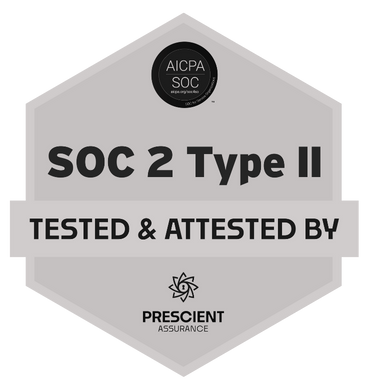When people think about estate planning, they usually connect it with passing down wealth and assets to the next generation. While this is definitely a crucial part of estate planning, it's not the only aspect. In fact, estate planning goes beyond money – it's about safeguarding and preserving the legacy you leave behind. In this blog, we'll dive into why estate planning matters, even if you're not super wealthy.
Planning your estate is crucial to make sure your loved ones are taken care of if something happens to you. It can include setting up trusts for kids, choosing guardians for underage dependents, and appointing healthcare proxies to make medical decisions when you can't. By planning ahead, you can ease the financial and emotional burden on the people you care about the most.
For those who aren't wealthy, leaving behind a simple estate can still cause headaches in the probate process. Probate is the legal way of confirming a will's validity and ensuring assets are distributed as desired. But, let's face it, probate can be costly and time-consuming. A carefully crafted estate plan can cut down on the time and expense of probate, making it easier to pass your assets to your loved ones smoothly.
For small business owners, estate planning can make sure their business keeps going even if they're no longer around. Having a business succession plan with key employees and future leaders identified can prevent sudden disruptions or dissolution without any clear direction.
Another awesome thing about estate planning is that it allows you to support the causes and organizations you care about. Even if you're not loaded, charitable giving can leave a lasting legacy. With a well-thought-out estate plan, you can make sure your donations go to the organizations you're passionate about and get some tax benefits too.
Estate planning is super important for outlining healthcare decisions. Just in case you're unable to make those decisions, having a healthcare power of attorney means someone you trust can handle them for you. And with advance directives, you can make sure your care aligns with your preferences in a medical emergency.
Estate planning goes beyond simply passing on assets to heirs. It covers healthcare choices, charitable giving, and business continuity. It's about leaving a legacy that mirrors your values and priorities. If you want to know how estate planning can benefit you and your loved ones, consider consulting an experienced estate planning expert like an advisor or attorney.
When people think about estate planning, they usually connect it with passing down wealth and assets to the next generation. While this is definitely a crucial part of estate planning, it's not the only aspect. In fact, estate planning goes beyond money – it's about safeguarding and preserving the legacy you leave behind. In this blog, we'll dive into why estate planning matters, even if you're not super wealthy.
Planning your estate is crucial to make sure your loved ones are taken care of if something happens to you. It can include setting up trusts for kids, choosing guardians for underage dependents, and appointing healthcare proxies to make medical decisions when you can't. By planning ahead, you can ease the financial and emotional burden on the people you care about the most.
For those who aren't wealthy, leaving behind a simple estate can still cause headaches in the probate process. Probate is the legal way of confirming a will's validity and ensuring assets are distributed as desired. But, let's face it, probate can be costly and time-consuming. A carefully crafted estate plan can cut down on the time and expense of probate, making it easier to pass your assets to your loved ones smoothly.
For small business owners, estate planning can make sure their business keeps going even if they're no longer around. Having a business succession plan with key employees and future leaders identified can prevent sudden disruptions or dissolution without any clear direction.
Another awesome thing about estate planning is that it allows you to support the causes and organizations you care about. Even if you're not loaded, charitable giving can leave a lasting legacy. With a well-thought-out estate plan, you can make sure your donations go to the organizations you're passionate about and get some tax benefits too.
Estate planning is super important for outlining healthcare decisions. Just in case you're unable to make those decisions, having a healthcare power of attorney means someone you trust can handle them for you. And with advance directives, you can make sure your care aligns with your preferences in a medical emergency.
Estate planning goes beyond simply passing on assets to heirs. It covers healthcare choices, charitable giving, and business continuity. It's about leaving a legacy that mirrors your values and priorities. If you want to know how estate planning can benefit you and your loved ones, consider consulting an experienced estate planning expert like an advisor or attorney.



